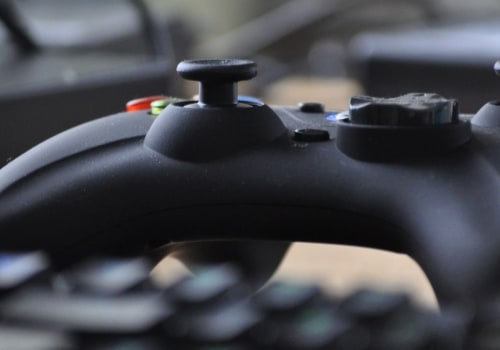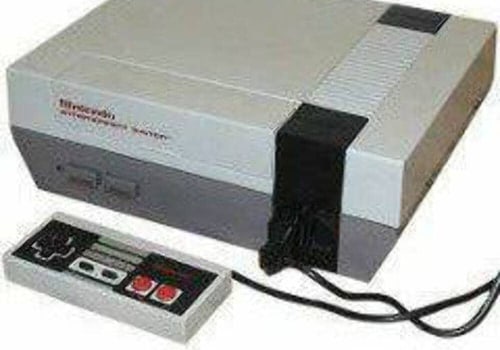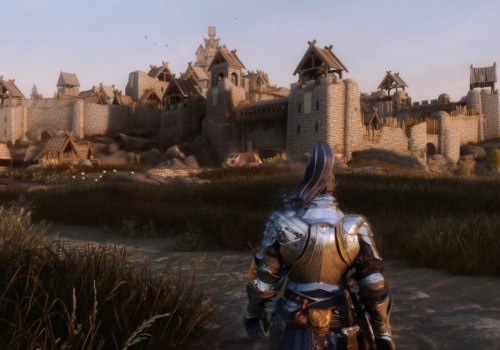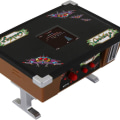Classic video games
Exploring Sega Genesis: A Look at a Classic Video Game System
For gamers of a certain age, the mention of Sega Genesis evokes fond memories of a classic gaming system. It has become a ...
Exploring the Thrill of Adventure Video Games
Do you remember the days when spending hours playing classic video games was all the rage? For many of us, those days are ...
Strategy: What It Is and How to Use It
Having a strategy is essential for any successful endeavor, whether it be in business, sports, or classic video games....
An In-depth Look at Mobile Platforms for Classic Video Games
The classic video game industry has seen a major resurgence in recent years, as more and more gamers are returning to the ...
Sonic the Hedgehog: An Engaging and Informative Overview
Who doesn't know Sonic the Hedgehog? The iconic blue hedgehog has been a staple of the gaming world since 1991,...
Exploring Role-Playing Games: A Look at Classic Video Game Genres
Are you a fan of classic video games? Do you love to explore new and exciting genres? If so, role-playing games are the...
Action Video Games: A Comprehensive Overview
Action video games have been the go-to source of entertainment for generations. From the classic arcade games of the 80's ...
PCs: A Comprehensive Overview
For decades, PCs (personal computers) have been an important part of the home and office, providing users with the power...







































